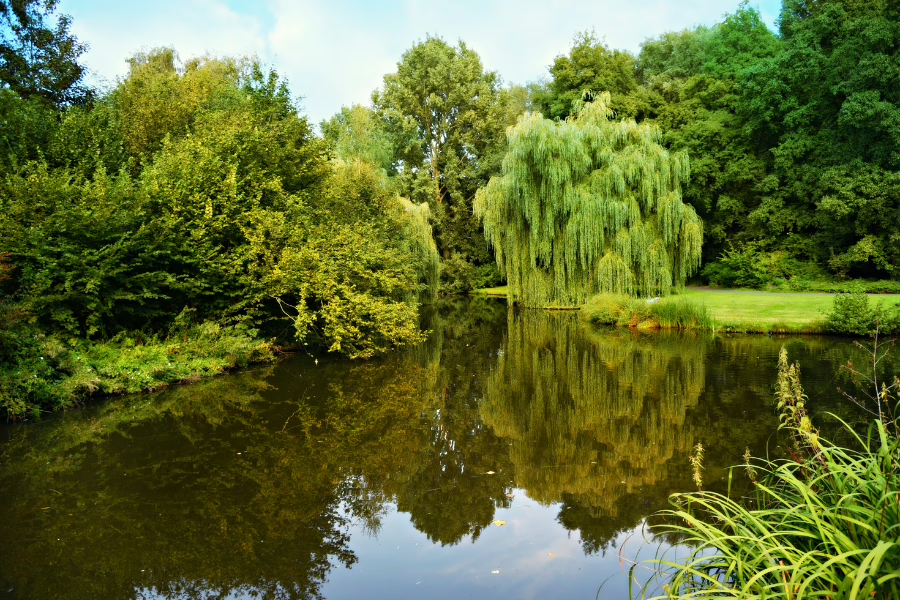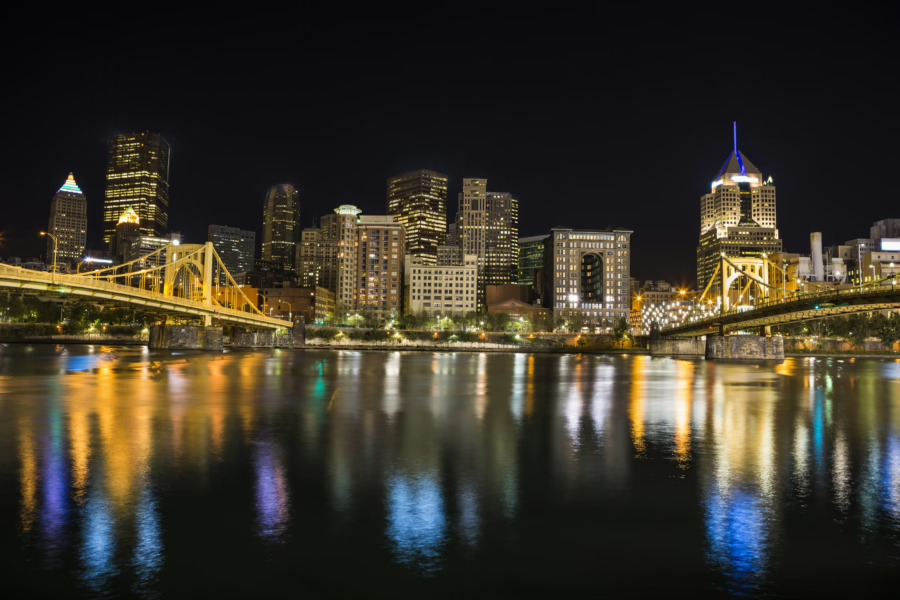We’ve all heard the saying “Think globally, act locally.” Heck, we all live the saying. At the US Water Alliance, we believe that all water has value. As someone who started out on a technical track but has spent the last 5 years in Communications at Hampton Roads Sanitation District, I’ve realized that while water and wastewater professionals do pretty amazing things, we are less than amazing at communicating our accomplishments.
We’ve got to take it a step further if we want the rest of our community to value water and all of the work that goes into protecting one of our most precious resources. If we want to spark interest in water careers and want people to care about their water future, we’ve got to get better at two things:
- Thinking globally, and,
- Communicating our awesomeness.

See, engineers do know how to have fun. Our “To Flush Or Not To Flush” game is always a crowd pleaser.
The first is easy. People flush and forget. They turn on the tap and don’t even think about where clean water comes from. Why? Because they can!
Clean water is expected—and that’s a good thing, because it means we’re doing our jobs—but we are so far removed from the global water and sanitation crisis that it is hard for people to imagine a day without access to clean water and sanitation.
So we’ve got to do it for them. Show them what it’s like to live without clean water, without wastewater infrastructure, and without an industry of dedicated water professionals. Here are just a few ways you can do it:
- Join the conversation during one of the many days that promote clean water and sanitation—including World Water Day, World Toilet Day, and Imagine a Day Without Water on October 12. This year for Imagine a Day Without Water, HRSD is hosting an open house construction progress tour of the Sustainable Water Initiative for Tomorrow (SWIFT) Research Center. This tour will provide an opportunity for regional leaders and other stakeholders to see and hear how HRSD is building a sustainable water future in southeastern Virginia by replenishing groundwater, addressing land subsidence, and helping restore the Chesapeake Bay. Check out the SWIFT Research Center groundbreaking ceremony held earlier this year.
- Get global stats and stories to share from Water for People. Show people the scope of the water crisis, and how clean water and sanitation keeps people healthy, puts kids back in school, and helps break the cycle of poverty. You can also invite your local Water for People committee to participate in your plans for Imagine a Day Without Water (we did!) or other outreach events.
- Bring the water and sanitation crisis into the classroom. The Water Project has great lesson plans ready to use or share with teachers to reach future generations. You can also connect a classroom to the field through the Peace Corps Correspondence Match Program. Their stories, projects, and experiences with water projects at the grassroots level can provide US students with firsthand perspectives.

Connect with schools by offering tours or bringing in fun interactive activities, like HRSD’s Washing Water Lesson.
Once you turn your audience into global thinkers that realize water and wastewater infrastructure changes everything, it’s time to move on to the second objective: toot your own horn. Not to your colleagues (remember, they are already familiar with your awesomeness), but to everyone outside of the water industry. Let people know why you work in water and what you do to secure our water future.
I know this is hard to believe, but a lot of young people out there think “engineering” and “infrastructure” sound, well, boring. So lead with global issues, and then follow with local water challenges and what you are doing about them. You are basically a water superhero, but everyone just sees the Clark Kent version. Talk to people about what water means to you and why and how you are part of the solution. You can do this through social media, visits with students, and anytime you are out in your community. You can even record your own personal story to share, like HRSD’s Pride and Passion video.
Once you’ve sparked interest, make sure to give people a way to act locally. Everyone can be a water superhero in their hometown if they know what not to flush, or if they choose tap over bottled. Show them a fatberg, teach them that toilets are not trashcans, and ask them to only flush the three Ps.

Nothing makes working in wastewater look cooler than a demo by the Operations Challenge Team. Go Team HRSD!
Just bring it full circle: communicate the global story, show your community the part you play, and tell them what they can do to help. If you think big, you’ll encourage others to do the same, and you’ll help grow the next generation of awesomeness.


